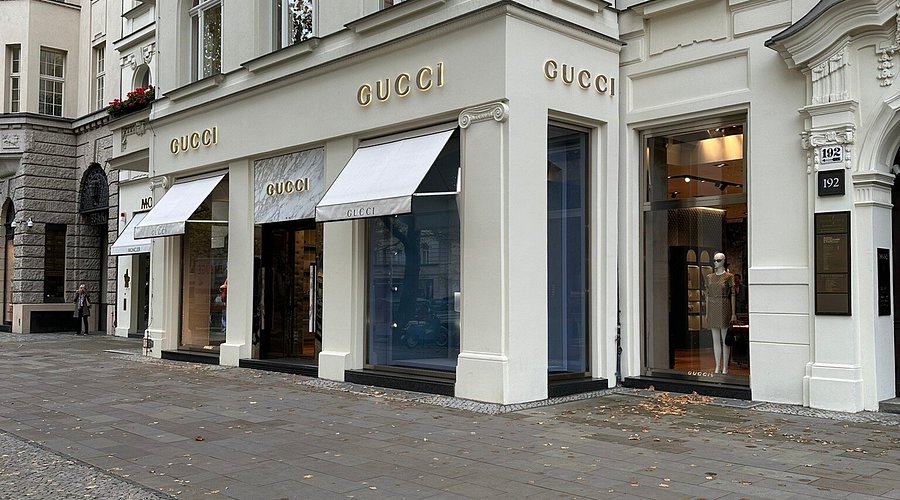First Class Commuting: Private Jets Now Offer Daily City Hops for Executives
By
John Carter
Last updated:
September 29, 2025
First Published:
September 29, 2025

Photo: CNN
The dawn of airborne commuting
For years, private jets were a symbol of status reserved for glamorous vacations, last minute business trips, or high profile events. Today, that image is evolving into something more practical. A growing number of executives are no longer using private jets for occasional travel but as a daily commuting service between cities. Instead of dealing with congested highways or crowded airports, the wealthy are choosing to start and end their workdays in the sky.
A response to urban bottlenecks
Cities across the world are facing relentless congestion and longer travel times. For executives who need to be present in multiple cities within the same week, traditional commuting is no longer efficient. This is where private aviation has entered as a solution. Jet providers have begun offering daily city hops, creating routes designed to act like high end shuttles that cut hours of lost time into mere minutes.
The rise of subscription based jet commuting
Unlike traditional charter models where a jet is booked for a one time journey, the new trend leans heavily on subscription models. Executives pay for a monthly service that allows unlimited or flexible access to specific city routes. This is reshaping the idea of private aviation from a luxury splurge into a predictable business tool. Some companies even schedule their daily strategy meetings on board, blending the workspace seamlessly with travel.
The social environment on board
Daily jet commutes are also building a new social ecosystem. Instead of anonymous encounters in an airport lounge, passengers are surrounded by a familiar circle of fellow high profile professionals. This networking atmosphere turns the commute into a club like environment where business deals are discussed before even arriving at the office. The experience itself becomes part of the workday rhythm rather than a disruption.
The hidden appeal of time management
For executives, time is the most valuable currency. The ability to skip traffic and arrive at a city meeting in under half an hour is not simply about convenience, it is about unlocking extra hours that can be reinvested into decision making or family life. The psychological impact is notable as well, since the stress of unpredictable commuting is replaced by a predictable and serene travel environment.
Environmental and image considerations
Although the idea of flying daily may seem extravagant, many of these services are incorporating sustainability initiatives. Smaller aircraft with modern fuel efficiency standards and partnerships with carbon offset programs are helping soften the image of excess. Executives are keenly aware that their travel choices reflect their brands, so companies offering these services are highlighting responsible luxury as part of the experience.
A lifestyle shift beyond transportation
What makes daily jet commuting fascinating is that it is not simply about transportation. It represents a shift in how the wealthy conceptualize lifestyle. The line between personal and professional space is being blurred, with jets acting as both a commute and a controlled environment for productivity. Some routes even include tailored dining, wellness features, and discreet concierge services to align with the lifestyle needs of elite passengers.
Global cities most affected
The trend is particularly visible in regions where business hubs are located close enough for short flights but far enough to make car travel impractical. Routes like New York to Washington, London to Paris, or Dubai to Riyadh are emerging as popular corridors. In Asia, executives are using similar services between financial centers such as Hong Kong and Shanghai. These short distance city hops are turning private aviation into a backbone of elite commuting culture.
The economic ripple
Beyond the wealthy themselves, this phenomenon is generating ripples across industries. Private aviation companies are scaling their fleets to handle daily commuting demands, luxury real estate developers are building communities near private airstrips, and service providers are crafting bespoke offers for these frequent flyers. The ripple effect extends down to job creation in logistics, hospitality, and aviation technology.
The future of first class commuting
Looking ahead, the rise of daily jet commuting could inspire new innovations such as hybrid aircraft, vertical take off jets designed for city centers, and personalized flight scheduling through artificial intelligence. What started as an experiment in convenience is slowly shaping the blueprint for how wealth will redefine mobility in the decades ahead. For the elite, first class commuting is no longer a dream, it is becoming the daily reality of how they navigate modern business life.
Subscribe to unlock premium content
Sed at tellus, pharetra lacus, aenean risus non nisl ultricies commodo diam aliquet arcu enim eu leo porttitor habitasse adipiscing porttitor varius ultricies facilisis viverra lacus neque.
A comprehensive guide on Agile development

10 Productivity tools that are worth checking out

Top 7 Must have management tools for productivity

A comprehensive guide on Agile development

10 Productivity tools that are worth checking out

A comprehensive guide on Agile development








.png)
